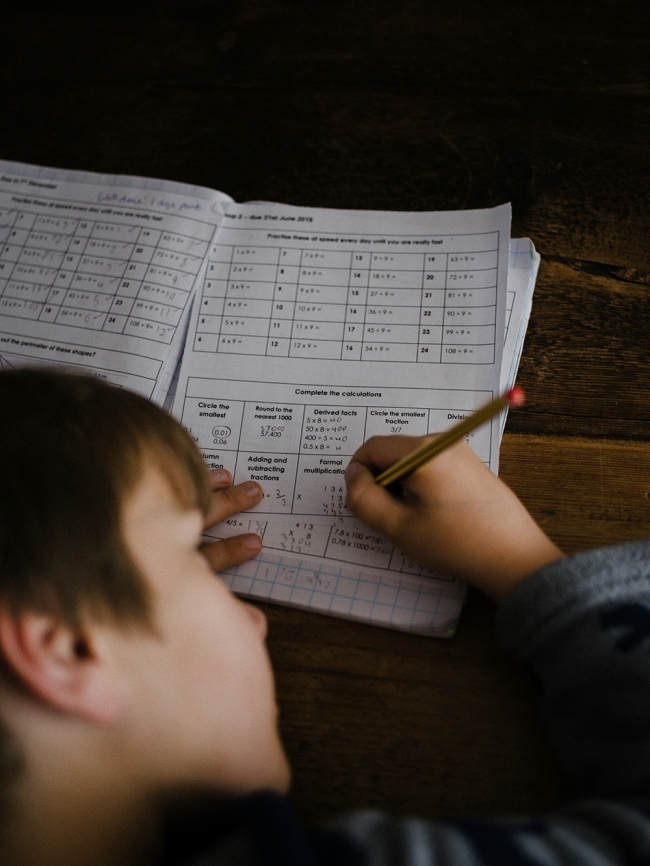Although there is almost endless debate about education, there is one question that is rarely asked, and it is the most important:
What is education for?
From this answer, all else flows: the curriculum, the form of assessment, the ethos of the school, the way staff and students relate to each other. And it impacts on our wider society too, for schools often act as a template for what youth see as what is expected of them, what to aim for, what is important.

Most schools, whatever the lofty ideals of their ‘mission statement’, focus on getting their students through their exams as successfully as possible, whilst maintaining order in the classroom. Outward achievement, intellectual ability, obedience to authority is valued.
In the book Education For Humanity by contrast, the answer is radically different:
“We need a clear vision to awaken humanity in our students … Our world is full of knowledgeable people but they cannot provide all the answers to the challenges our planet faces. We need people with integrity, honesty, compassion and above all humanity.”
Education for Humanity argues that education is not solely an intellectual exercise but a moral one. Simply educating people so they are proficient in IT or Science in an ethical vacuum can place tools in the hands of people without any sense of humanity to guide them in the use to which their knowledge and skills are put.
Integrate knowledge and integrity
Knowledge can and has been a force for good. Indeed, science has greatly benefitted humanity by curing diseases or discovering more about our planet. Technology allows us to go to Mars and communicate over previously unimagined distances. However, knowledge without wisdom and integrity can lead to the abuse of scientific and technological tools. Thousands lost their lives in the attack of 9/11, where men learnt to fly planes on simulators, using their education and skills in maths and physics to plan their objective. But this knowledge lacked basic humanity, enabling them to manipulate their ideology to justify the murder of innocent civilians.

Likewise social media, for all that it promotes useful and meaningful networks can also create extreme divisions in society and distort or disregard the truth if people are disconnected from their sense of our shared humanity. If we create posts online without a sense of empathy, without a sense of the hurt or harm we can cause, or respect for factual accuracy, then all our IT skills are worse than useless. We need to be plugged in to our humanity, not just the internet. Literature, and even ideas, in the hands of someone intent on sewing misinformation or wilfully describing something out of context can have catastrophic consequencesif they act without integrity or respect for the truth
An education that embraces our humanity
We tend educate students to fit into a world that values intellectual or material success at all costs. As we’ve seen this can lead to the misuse of tools like science or allow false thinking to flourish. In addition, a system of education that only values winners and discourages exploration and experimentation is self-limiting. Creative, visionary students are vital for our future and must be given space to thrive in our educational system. Just as it is important that students are properly prepared to cope with the world as it is, they should also be prepared to explore and imagine the world as it could be. We need to value our shared humanity in our schools and colleges to create an ethical and fair society. While the pursuit of excellence is a noble ideal that can spur one on to great achievement, an emphasis on passing exams inhibits a broader view of the world’s needs. And although competition forms part of the human psyche, it is important that we cultivate a spirit of cooperation and teamwork.
A new vision for education
We need to ask ourselves what sort of society we are aiming for. If we want to live in a world where we cooperate and discover solutions to our problems, we need to reassess the values inherent in our education and also attempt to include all voices in that re-evaluation. We should then educate according to that new vision.
Our educational systems need to develop people of integrity, honesty and compassion. And above all we need to awaken a sense of humanity in learners. The question of how this done is explored in our book, Education For Humanity, with practical tips and a student’s input to illustrate the approach.
By Simenon Honoré and Thérèse Barton
You can find out more about this topic in Education For Humanity by Simenon Honoré
Not yet signed up for our newsletter? It only takes a minute, here.
Popular posts
You might also like
Email Newsletter Our latest articles and offers delivered straight to your inbox.
Our latest articles and offers delivered straight to your inbox.